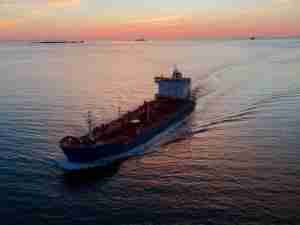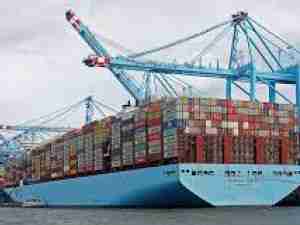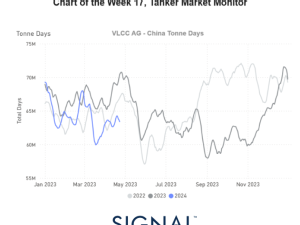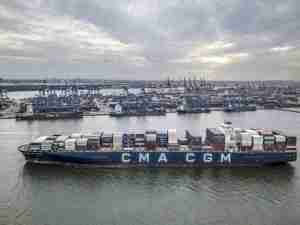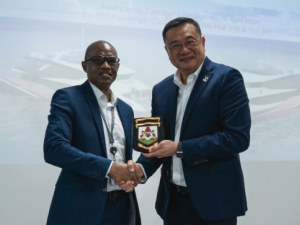Against the positive backdrop of a benign claims environment in some sectors, IUMI's statistics show an increasing mismatch between premium income, covered risk and claims costs. On a global average basis, buffers to cover extraordinary single or accumulation losses are non-existent.
Today, IUMI – the International Union of Marine Insurance – presented its annual statistical report on the marine insurance market at this week's annual conference in Cape Town. Whilst global marine premiums were up by 2%, IUMI highlighted an increasing mismatch between income levels and covered risk.
Vice-Chair of IUMI's Facts & Figures Committee, Astrid Seltmann explained:
"Overall premium income reached USD 28.5 billion in 2017 which represents a 2% increase compared with 2016. This upswing is largely attributable to growth in trade plus strengthening of European and other currencies against the US dollar. But it masks the dramatic situation which is unfolding when current premium levels are viewed in relation to covered risks and the impact of claims.
The cargo market was recently affected by unprecedented nat-cat and outlier event losses and this has negatively impacted underwriting results. It also signals the increasing, and often unknown, accumulation of values both on shore and at sea.
In the hull market, falling vessel values have, among other market conditions, contributed to an erosion of income to a degree where income is now not sufficient to allow for normal repair costs in a given year. This downward trend is particularly worrying given the relative absence of major hull losses in recent years. The last ten years' statistics clearly show an increasing volatility in the impact of claims on underwriting results caused by the random occurrence of claims with unprecedented cost. As vessel sizes continue to increase, this trend will not reverse, and the heightened risk must be taken into account. The shipping and insurance industries will have to embrace this level of volatility and uncertainty which may impact future profitability.
The offshore energy market has also seen a substantial erosion of premium income caused by the low oil price and the consequent low activity in the offshore sector. Insurance capacity has remained abundant, however. More positively, the 2017 hurricane season had little effect, and major claims impact remained low. It remains to be seen when and to what degree the rising oil price will support an upswing in this sector.
In general, the IUMI statistics clearly illustrate the need for sustainable underwriting by understanding the simple - and sometimes not so simple – mathematics of evaluating the risks and expected costs associated with a prudent marine portfolio."
The distribution of the USD 28.5 billion global income between geographic regions remained stable, with only a 1% increase in the share of Asia and Latin America as compared with Europe. In 2017, Europe represented 49% of the global income, Asia/Pacific 29%, Latin America 10%, North America 6%, Middle East 4% and Africa 2.4%.
For global marine premium by line of business, cargo continued to represent the largest share with 57% in 2017, hull 24%, offshore energy 12% and marine liability (other than P&I) 7%.
